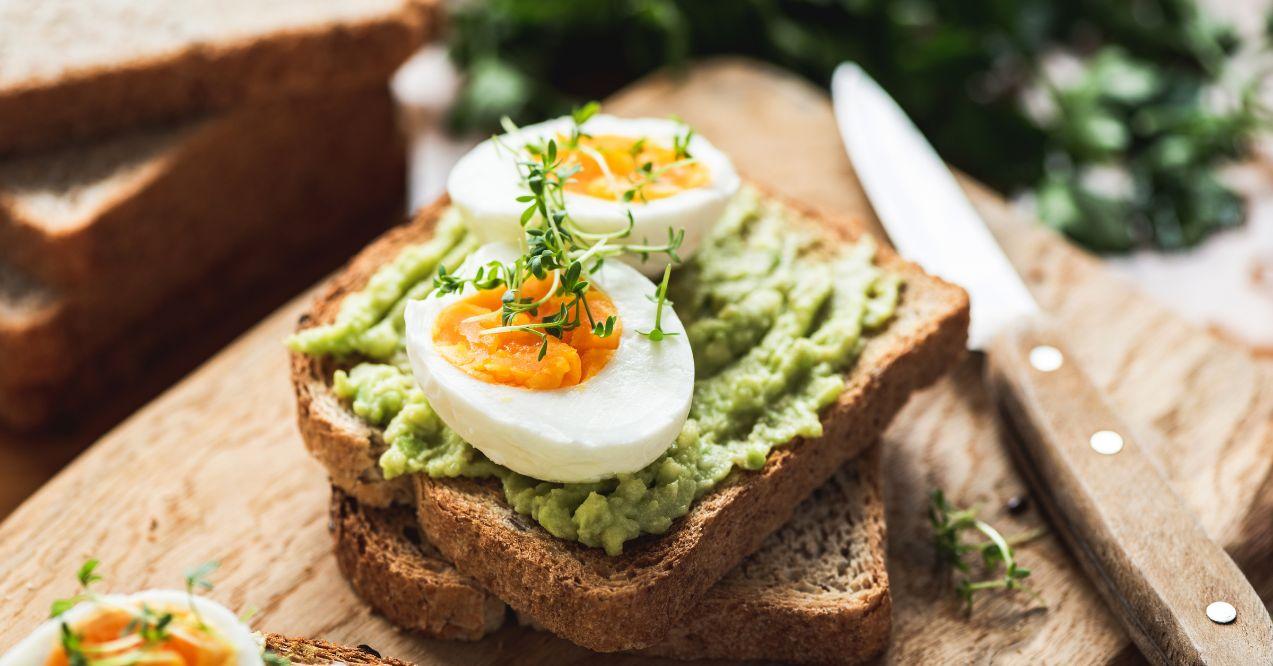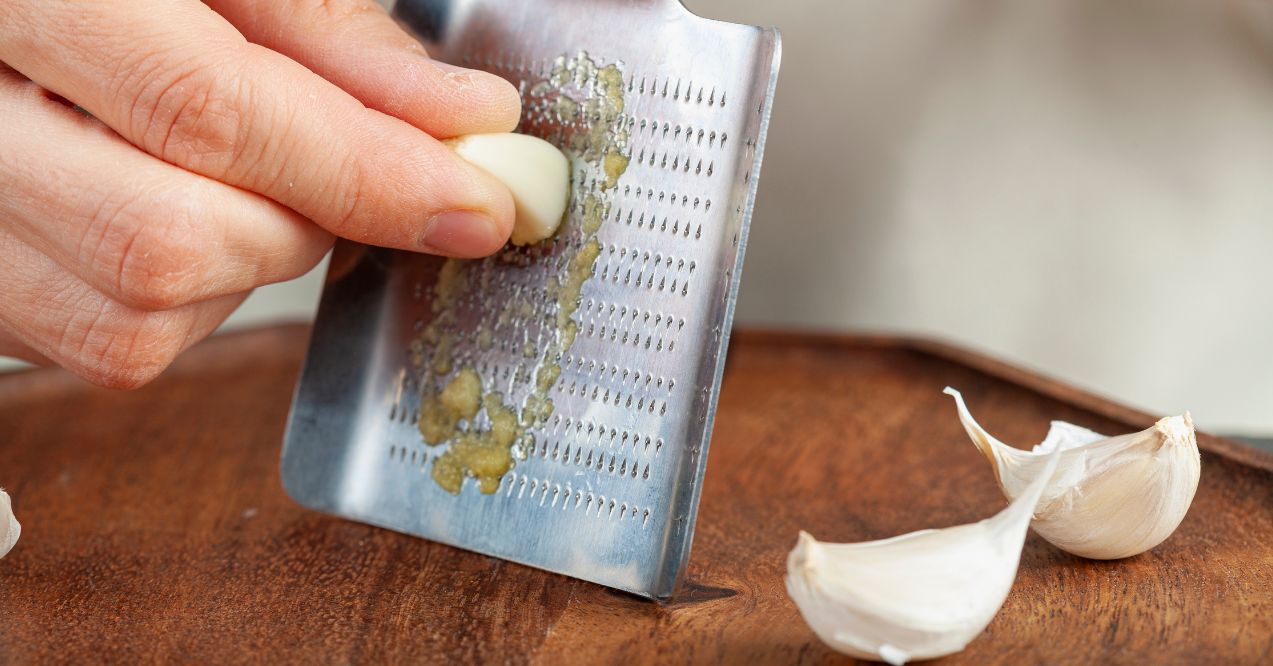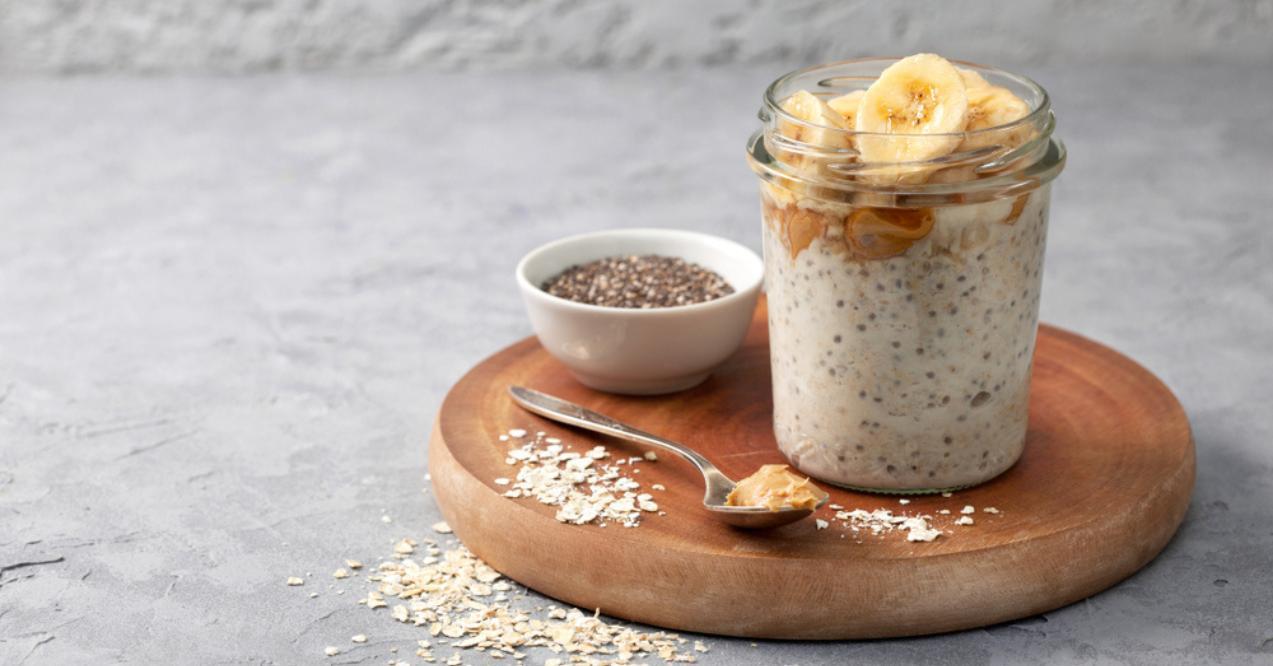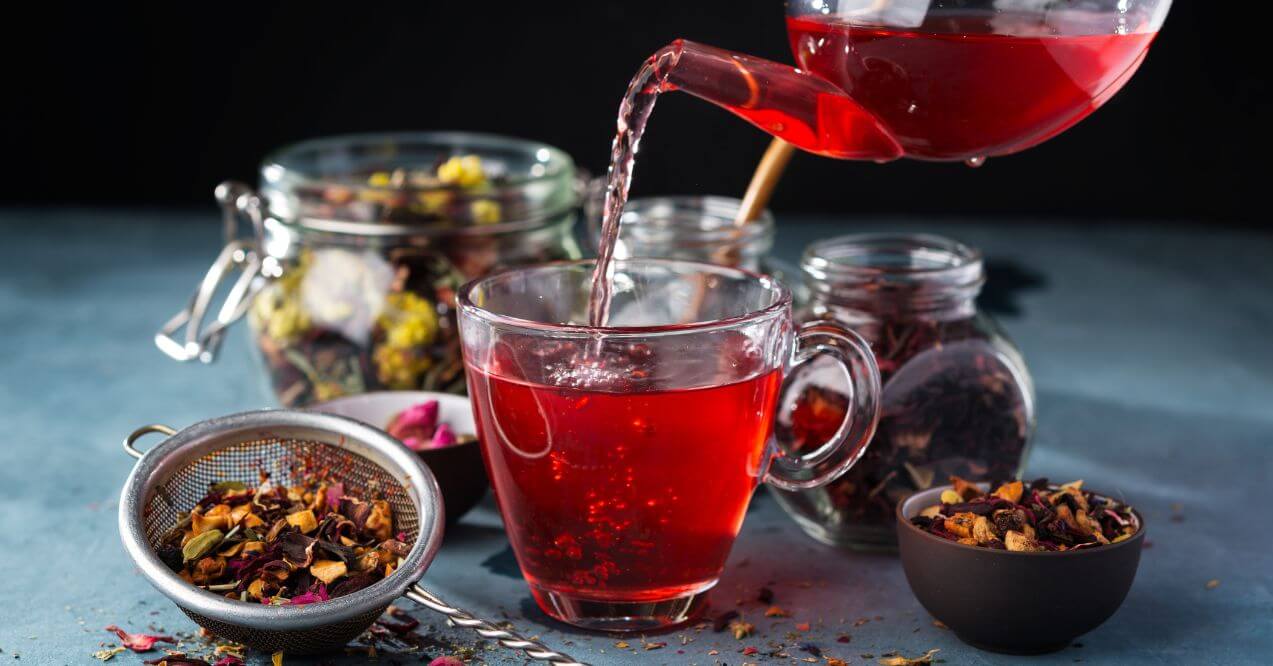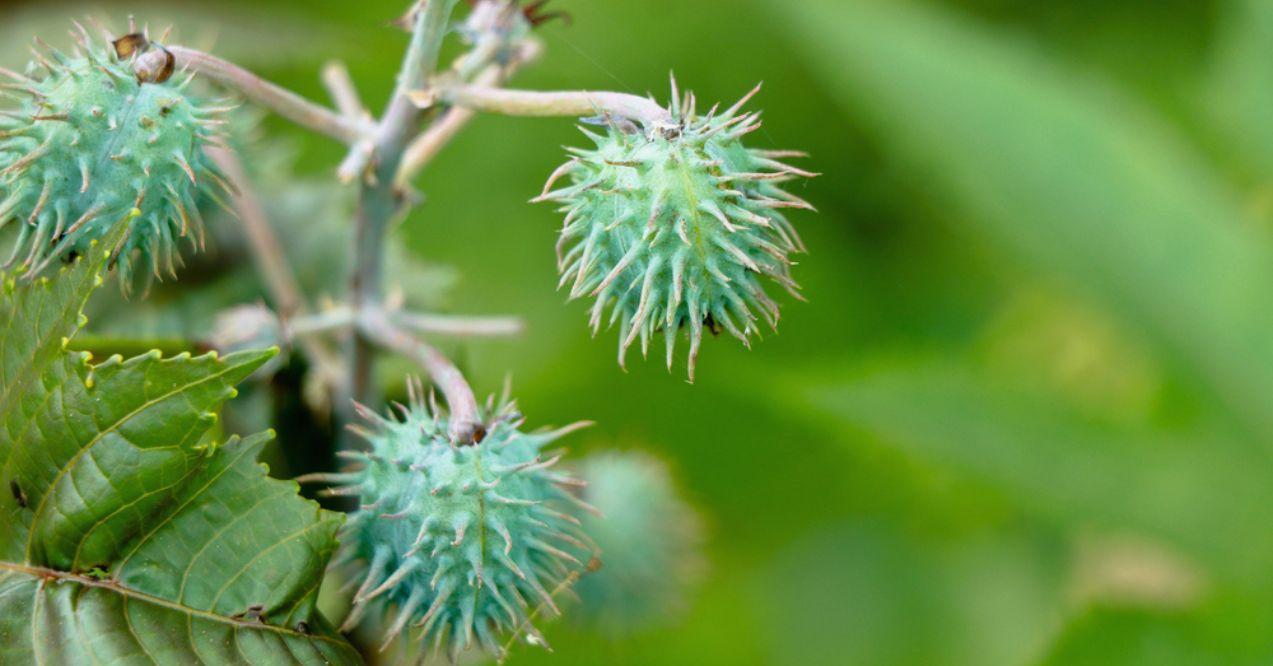7 Day Meal Plan for Kidney Disease
Looking for a comprehensive 7-day meal plan for kidney disease? Embark on the rewarding path of good health with our guide here.
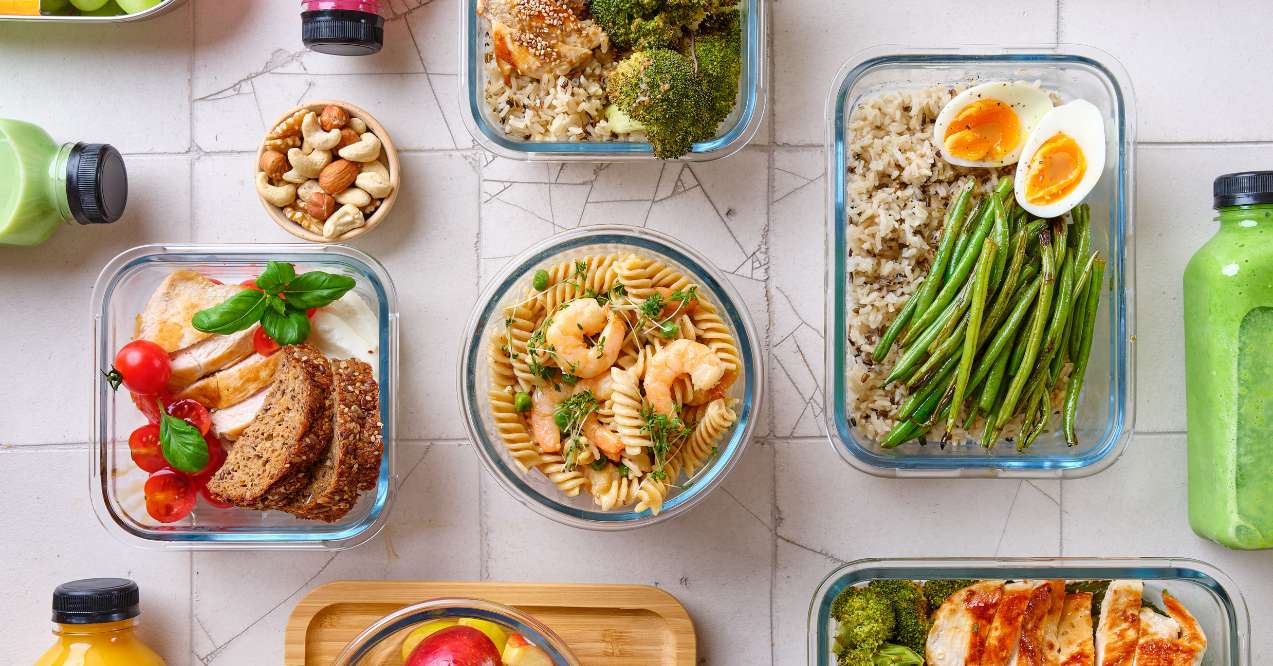

Gain better kidney health with our 7-day meal plan for kidney disease. Are you still wondering how that might happen? Then, this is where you should be. You must adjust your diet if you suffer from a kidney problem. However, this does not imply abandoning flavor! The best strategy entails deciding what you put on your plate.
Deciding on a renal diet is not always an easy task. However, finding meals that work well for you presents an opportunity to improve your renal health. This guide will offer you crucial details and valuable suggestions for renal problem management using a 7-day food plan. The 7-day meal plan starts with first understanding what a renal diet is and its importance. Our guide will also unravel the best foods to eat and to avoid when you have renal problems. Don’t stop reading if you wish to learn more.
What Is a Renal Diet?
A renal diet is a dietary plan designed to ease the burden on your kidneys. Minerals such as potassium, phosphorus, and sodium can accumulate in these parts of the body and cause renal function to decline over time. The diet controls the nutrients you eat, reducing the kidneys’ workload. Moreover, it entails choosing meals with care to minimize renal strain while supplying vital nutrients for good health.
Benefits of Renal Diet
- Delaying the Development of Renal Problems – When overloaded with sodium and phosphorus, your kidneys struggle to carry out their essential duties. Therefore, they experience progressive damage. The renal diet here steps in as a protective shield to limit the damage by reducing sodium and phosphorus intake, decreasing the workload on your kidneys.
- Managing Symptoms – Kidney issues often whisper their presence through fatigue and swelling. The renal diet controls fluid intake and contains low sodium levels. As a result, it reduces swelling by lowering fluid accumulation. Among beneficial beverages, green tea is highlighted for its anti-inflammatory benefits for both kidneys and liver. Understanding what tea is good for liver and kidneys underscores green tea’s role in improving daily life, allowing engagement in favored activities. This approach stresses the importance of dietary choices in managing kidney symptoms and supporting its health.
- Promoting Overall Health – Certain minerals are restricted in the renal diet, so it is essential to focus on obtaining the necessary nutrients through food to promote good health. The diet requires individuals to consume low-sodium and low-potassium foods to improve the body’s renal system. As a result, following this plan lays the foundation to enjoy good overall health.
Importance of a Renal Diet Plan
When your kidneys struggle, a renal diet plan becomes your secret weapon. Think of it as a customized roadmap to support your kidneys. A renal diet plan is essential for the reasons listed below:
- Maintaining Electrolyte Balance – Healthy kidneys easily balance phosphorus, potassium, and sodium electrolytes. However, an impaired kidney builds these electrolytes to toxic levels. By reducing their consumption, a renal diet aids in regulating these levels. As a result, it supports the kidney in keeping a balanced state.
- Minimizing Build-up of Waste – Toxins accumulate when the kidneys cannot reduce waste from the bloodstream. The minerals contained in the blood harm the kidneys. However, a proper renal diet plan regulates the accumulation of excess minerals, diminishing the strain on the kidneys over time.
- Delaying the Advancement of Kidney Damage – Although a renal diet cannot reverse existing kidney damage, it can help stall its development. Following the diet reduces the amount of harmful nutrients that the body absorbs. Since the kidney stops having to filter damaging substances, it works less within the body, slowing the progression of kidney-related symptoms.
Best Foods to Eat With Kidney Disease
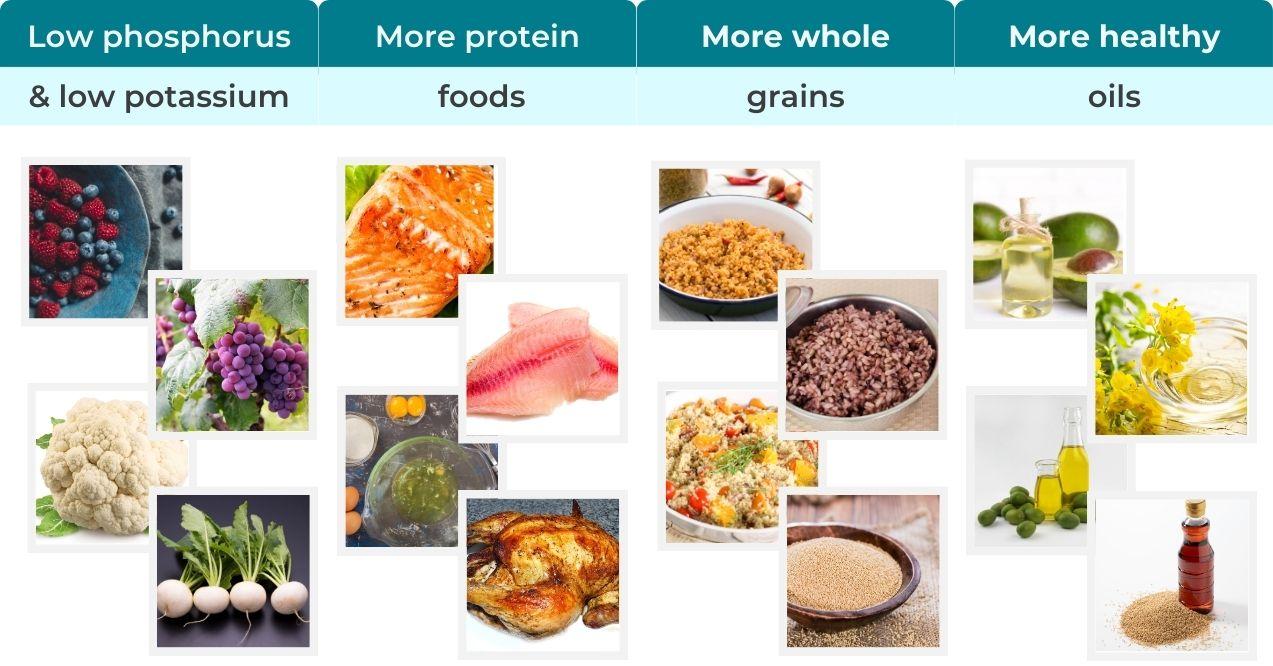
People who lack information struggle with making good decisions on the foods to consume when they have renal problems. In certain places, particular kidney-friendly foods are in short supply. Purchase kidney-friendly packaged foods from your online store in such circumstances. The following are recommendations for items to eat when suffering from renal problems:
- Protein Foods – Give your kidneys the respect they deserve by prioritizing superior protein sources. Tilapia and salmon are excellent choices for proteins. They are abundant in omega-3 fatty acids, providing further health advantages. Egg whites also contain pure protein without the potassium present in yolks. Lean turkey, chicken, and pork slices are also suitable consumption options.
- Reduced Phosphorus and Potassium Foods – Consider how much potassium is in fruits and vegetables. Select fruits with reduced potassium, such as berries and grapes. Moreover, pears and apples are also suitable options to purchase. Vegetables that are acceptable for consumption include cauliflower and cabbage. Do not forget to include turnips due to their low phosphorus content.
- Whole Grains – Grains have low phosphorus content. Therefore, choose whole grains (over processed ones) to improve your kidney health. Bulgur wheat and whole-wheat bread are great options. Moreover, brown rice and quinoa have low phosphorus and potassium. Therefore, they are suitable choices for consumption.
- Healthy Fats – Oils made from plants are suitable for cooking when you have kidney issues. Oils such as avocado and olive are excellent choices. They supply heart-safe lipids without boosting sodium and phosphorus levels. Choosing plant-based oils also reduces the waste products exposed to the blood. Therefore, your kidney health will improve with consistent consumption and medical intervention.
Additionally, including supplements in your routine can be an effective way to support kidney health. They provide essential nutrients that may be difficult to obtain from food alone and can assist in cleansing and detoxifying the body, helping to reduce the strain on your kidneys. To see our best supplements for cleanse and detox, click here. Always consult a healthcare professional before starting any new supplement.
Comprehensive 7-Day Meal Plan for Kidney Disease
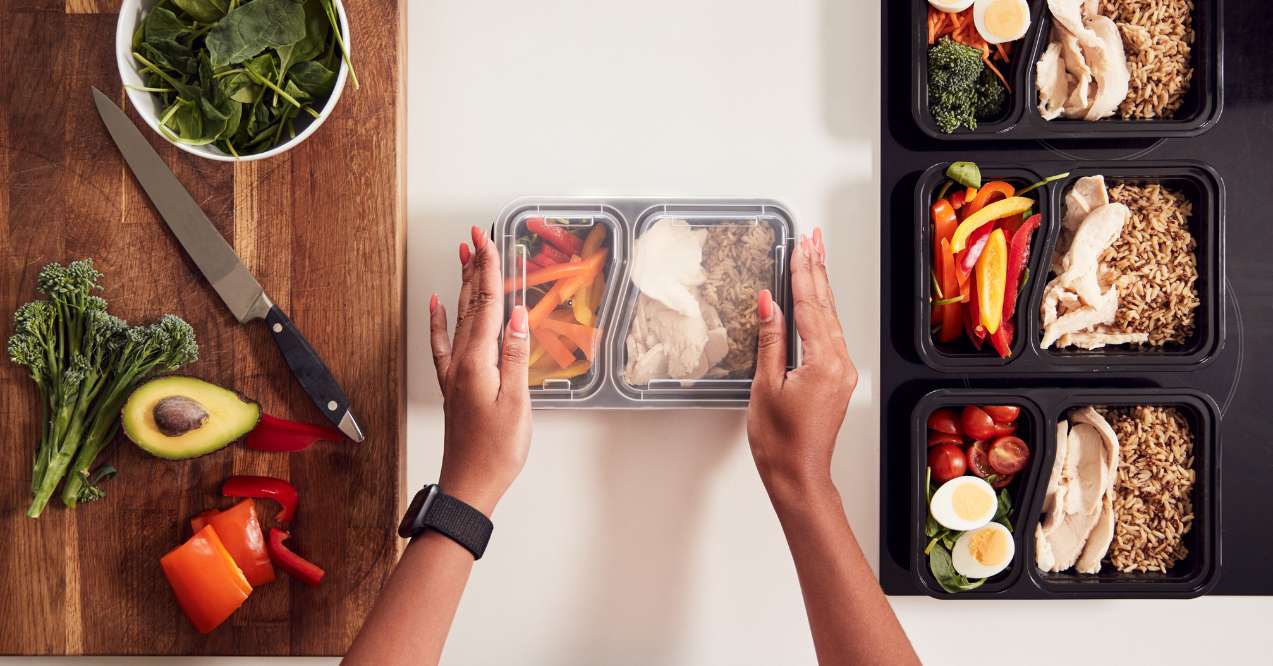
Dealing with kidney difficulties can be stressful without a plan. When you wake up each morning, you will always think the same thing, “What is the best breakfast for kidney disease?”
The solution to this question is simple. Utilize this 7-day meal plan for kidney disease to discover the suitable foods to consume. Every day offers kidney-friendly dishes containing snacks for kidney disease to promote good health.
Day 1
- Breakfast: White or buckwheat bread, scrambled eggs, and cream cheese
- Lunch: Grilled chicken served with romaine lettuce
- Dinner: Baked fish and brown rice
- Snacks: Apple slices
Day 2
- Breakfast: Oatmeal topped with chopped nuts and berries
- Lunch: White or buckwheat bread served with lentil soup
- Dinner: Turkey slices served with pasta
- Snacks: Grapes and air-popped popcorn
Day 3
- Breakfast: Smoothie made with protein powder, lettuce, almond milk, and grapes
- Lunch: White or buckwheat bread sandwich with tuna salad and greens
- Dinner: Brown rice and stir-fried chicken
- Snacks: Cucumber and pear slices
Day 4
- Breakfast: Buckwheat pancakes served with blueberries
- Lunch: Black bean burgers on whole-wheat buns with lettuce
- Dinner: Baked cod with roasted white mushroom
- Snacks: Apple slices
Day 5
- Breakfast: Eggs with white English muffins and honey or jelly
- Lunch: Quinoa salad with chopped veggies and chickpeas
- Dinner: Chilli with black beans and corn
- Snacks: Watermelon
Day 6
- Breakfast: Buckwheat granola, cranberries, walnuts, and sliced apples
- Lunch: Romaine lettuce, grilled chicken, and croutons
- Dinner: Steamed veggies with whole-wheat pasta paired with shrimp
- Snacks: Air-popped popcorn
Day 7
- Breakfast: Buckwheat waffles with berries and low-sugar yogurt
- Lunch: Chicken stir-fry
- Dinner: Salmon with roasted Brussels sprouts and quinoa
- Snacks: Strawberries
3 Tips for Meal Preparation
Planning meals is not just for those who love to work out. It is also helpful in assisting those with kidney issues in adhering to their dietary needs on schedule. When cooking meals, remember these tips:
1. Prioritize Fresh Foods
When preparing meals for a renal diet, prioritize using fresh foods low in sodium and potassium. Prioritizing bell peppers and cauliflower would also be ideal. Moreover, consider incorporating fresh cabbages and kale due to their low potassium content. Opting for apples and grapes also contributes to a balanced renal diet. Fresh ingredients contain lower levels of potassium compared to canned ones.
2. Avoid High-Salt Seasonings
Herbs work as well as salt to flavor dishes. Herbs like oregano and rosemary have the potential to enhance food taste. Adding different spices to your food improves its flavor. High sodium content increases calcium levels in the urine, leading to kidney complications. Therefore, switch from using table salts to herbs to improve your health.
3. Try to Retain More Nutritional Value
Cook for shorter periods and with less water. Minerals that dissolve in water will remain in the meal. In addition, use grilling and baking to keep food’s nutrients intact. You can also steam your vegetables to reduce the salt you need to apply.
Foods to Avoid With Kidney Disease
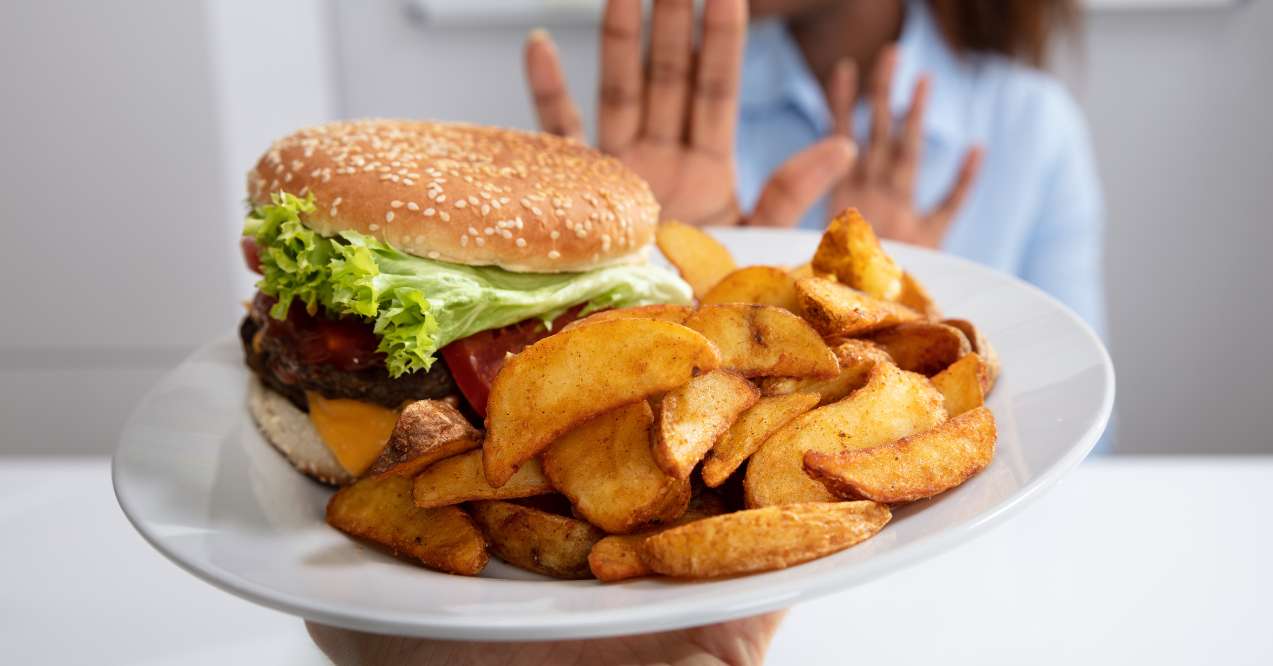
When managing kidney disease, it’s critical to be mindful of dietary choices that can worsen kidney function. Certain foods and beverages may increase the risk of kidney stones or exacerbate kidney disease symptoms. Here’s a concise overview of foods to steer clear of:
High Sodium Foods
Go for processed foods that have no high sodium levels. Moreover, use different spices to season meals instead of table salt. Excess sodium will clog the kidneys. Research shows a low-sodium diet contains 1,500–2,000 milligrams of sodium daily. Make sure you select no-salt alternatives whenever you can.
- Bacon, deli meats
- Canned soups and vegetables
- Instant noodles, chips, pretzels
Processed and Fast Foods
These are typically high in sodium, fats, and sugars, contributing to obesity and high blood pressure.
- Frozen meals
- Fast food items (burgers, fries)
- Packaged snacks
If you want to learn more about causes for kidney issues, read this article: Do Energy Drinks Cause Kidney Stones?
High Potassium Foods
You should avoid foods abundant in potassium. Do not eat oranges and bananas. Moreover, avoid consuming vegetables such as spinach. They have high potassium levels that harm the kidneys. Canned foods also use potassium as a preservative. Therefore, get fresh foods only to improve your health. Here’re a few foods you should avoid:
- Bananas, oranges
- Potatoes, tomatoes
- Spinach
High Phosphorus Foods
Avoid foods with high phosphorus levels. Resist dairy products and processed meats. Furthermore, avoid eating packaged snacks, nuts, and seeds. Your blood will have more phosphorus after eating these meals, harming the function of your kidneys.
- Dairy products
- Nuts, seeds
- Beans, whole grains
Certain Protein Sources
Excessive intake increases kidney workload.
- Red meats
- High-protein dairy products
Sugary Foods and Drinks
These can lead to diabetes and high blood pressure, risk factors for kidney disease.
- Sodas, candies
- Cakes, cookies
Alcohol
Can cause dehydration and kidney damage.
Conclusion
Discover a world of kidney-friendly food options and incorporate nourishing substitutes into your daily routine to promote healthy kidney function. Our recommended meal plan we’ve shared here will guide you to support your body and optimize your well-being. Start your journey towards vibrant health today.
One restriction of a renal diet is the overconsumption of sodium-rich products. Canned foods and processed meats should be low in your diet. Additionally, avoid eating meals high in potassium. Such foods include oranges and bananas. Moreover, reducing the intake of dairy products rich in phosphorus is paramount as well.
Choose kidney-friendly packaged foods, including rice cakes and unsalted popcorn. Almonds without salt are another excellent snack to think about. Moreover, choose berries and apples because they have low potassium. These snacks for kidney disease have less harmful minerals for the body. Therefore, they are satisfying and suitable choices for managing kidney health.
If you have renal difficulties, start your day with a healthy meal. There is little phosphorus in white and buckwheat bread. Therefore, they are the most excellent breakfast alternatives for kidney health. Low-potassium fruit smoothies prepared with berries and apples are great for breakfast, as they are protein sources like cottage cheese, Greek yogurt, and almond milk.
Sign up for our Healthy Living newsletter!
Advertisement. This site offers health, wellness, fitness and nutritional information and is designed for educational purposes only. You should not rely on this information as a substitute for, nor does it replace, professional medical advice, diagnosis, or treatment. If you have any concerns or questions about your health, you should always consult with a physician or other health-care professional. Do not disregard, avoid or delay obtaining medical or health related advice from your health-care professional because of something you may have read on this site. The use of any information provided on this site is solely at your own risk.



